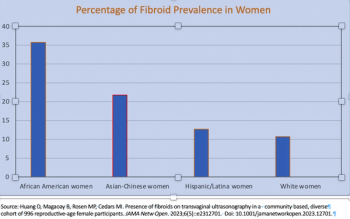
African American and Asian-Chinese women have a disproportionately higher prevalence of fibroids, according to newly published transvaginal ultrasound findings in a diverse population of nearly 1,000 women.

African American and Asian-Chinese women have a disproportionately higher prevalence of fibroids, according to newly published transvaginal ultrasound findings in a diverse population of nearly 1,000 women.
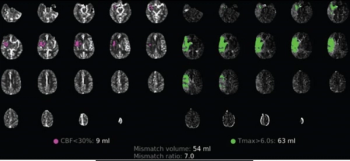
Unvaccinated people with COVID-19 who undergo angiographic reperfusion after acute ischemic stroke may have a greater than fivefold risk of continued infarct growth in comparison to unvaccinated people without COVID-19, according to computed tomography perfusion (CTP) and magnetic resonance imaging (MRI) findings from a recently published study.
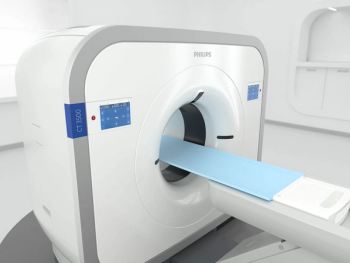
The artificial intelligence (AI)-enabled CT 3500 system reportedly reduces patient positioning time by 23 percent, improves low-contrast detectability by 60 percent and facilitates up to an 80 percent reduction in radiation dosing.

In a recent interview, Rajesh Bhayana, M.D., shared insights from new research that compared the abilities of ChatGPT-3.5 and ChatGPT-4 to answer text-based questions akin to those found on a radiology board examination.

A middle-aged male presented with fever and abdominal pain. What is the diagnosis?
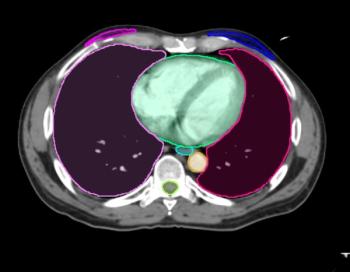
Updates to Contour ProtegeAI 4.0 reportedly include enhanced algorithms for radiation oncology segmentation and molecular radiotherapy.

This author emphasizes that diplomacy is always the best policy when leaving one radiology employer for another.

Catch up on the top radiology content of the past week.

In a recent video interview, David Ouyang, M.D., shared insights from two recent studies he co-authored on the use of artificial intelligence (AI) to improve initial assessment of left ventricular ejection fraction (LVEF) on echocardiography and ascertain cardiac risks associated with changes in the left ventricle sphericity index seen on magnetic resonance imaging (MRI).
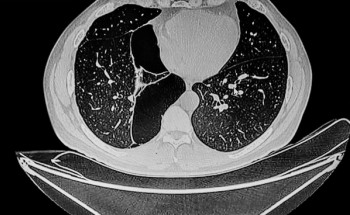
In a large retrospective study of 26,455 participants from the National Lung Screening Trial, low dose computed tomography (LDCT) exams revealed significant incidental findings (SIFs), ranging from emphysema to suspicious lesions, in 8,954 participants.
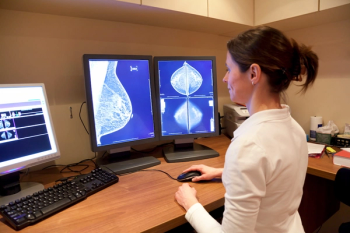
The United States Preventive Services Task Force (USPSTF) has drawn praise for lowering the age threshold for initial mammography screening from 50 to 40 years of age in updated draft recommendations for breast cancer screening, but critics warn that biennial screening is not sufficient for higher-risk populations.
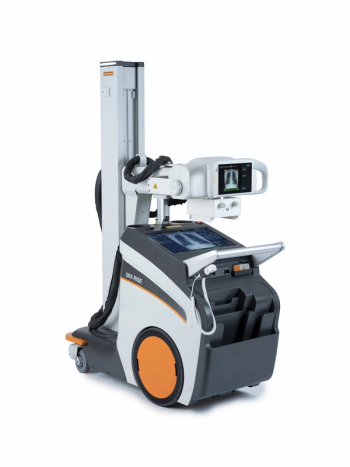
The DRX-Rise Mobile X-ray System reportedly combines optimal image quality with enhanced maneuverability and ease of use for radiologists.
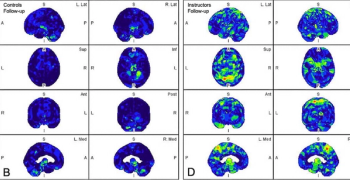
After five months of exposure to repeated blast events, the majority of nine otherwise healthy military instructors had significantly increased amyloid deposition in the brain, according to positron emission tomography (PET) findings from a new study.
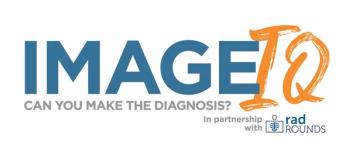
Review the case study and test your knowledge to make the correct diagnosis.
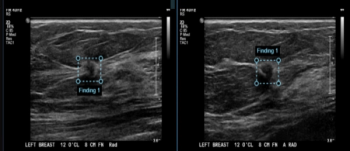
Adjunctive use of an artificial intelligence (AI) software demonstrated nearly equivalent sensitivity and over 28 percent higher accuracy in comparison to radiologist assessment of breast ultrasound images for breast lesions, according to new research presented at the recent Society of Breast Imaging (SBI) conference.

This author emphasizes keys to being engaging and informative during a lecture.

Catch up on the top radiology content of the past week.
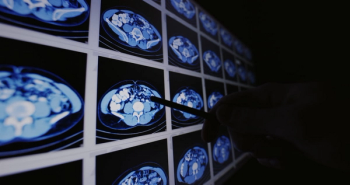
In a study involving 201 consecutive patients presenting to emergency departments (EDs) with abdominal pain, researchers found that radiology faculty accuracy rates in interpreting non-contrast, abdominopelvic computed tomography (CT) scans ranged from 68 to 74 percent.
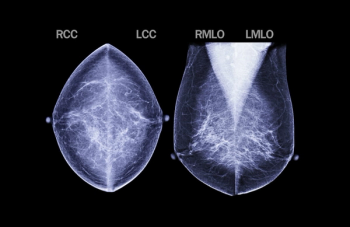
While calling for a universal breast cancer risk assessment by the age of 25, the American College of Radiology (ACR) emphasized that ascertaining screening needs prior to the age of 40 is particularly important in high-risk populations such as Black women, who are 42 percent more likely to die from breast cancer in comparison to non-Hispanic White women.
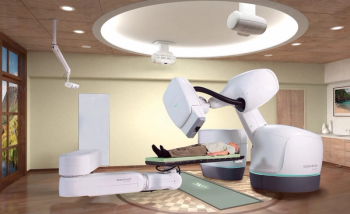
In a review of the literature, this author discusses the viability of artificial intelligence (AI), parallel imaging, compressed sensing and simultaneous multi-slice excitation for improving the scan times and use of magnetic resonance imaging (MRI) to facilitate CyberKnife treatment.
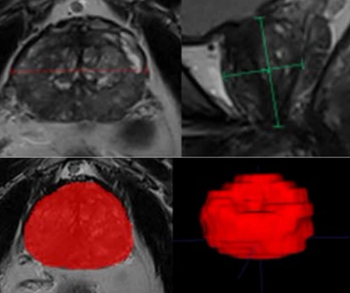
The use of adjunctive artificial intelligence (AI) reportedly improved lesion level sensitivity by nearly 19 percent and patient level specificity by 14 percent for the diagnosis of clinically significant prostate cancer on multiparametric magnetic resonance imaging (MRI).
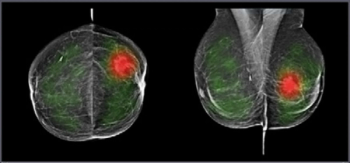
Regardless of experience level, radiologists are likely to be affected by automation bias when utilizing adjunctive artificial intelligence (AI) for mammography interpretation, according to newly published research.

Review the case study and test your knowledge to make the correct diagnosis.

In a recent video interview from the American Urological Association (AUA) 2023 Annual Meeting, Brian Helfand, M.D., discussed emerging research that shows the potential viability of the agent F18-rhPSMA-7.3 for enhancing the detection of prostate cancer recurrence and facilitating earlier intervention for patients with low prostate-specific antigen (PSA) levels.
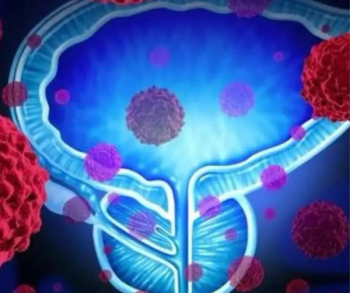
An update to Quantib Prostate 2.1, Quantib Prostate 3.0 reportedly facilitates workflow advances and offers a variety of tools, ranging from artificial intelligence (AI)-based segmentation to PI-RADS scoring support, to help improve interpretation of prostate magnetic resonance imaging (MRI).
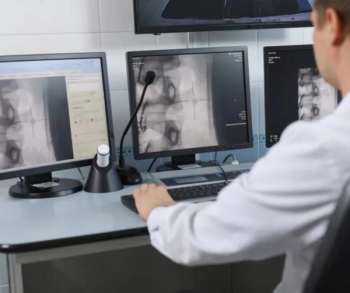
One of the hallmarks of career savvy is recognizing when changes in worklist demands or compensation require adapting as a team player or adapting to a new change of scenery.

Catch up on the top radiology content of the past week.
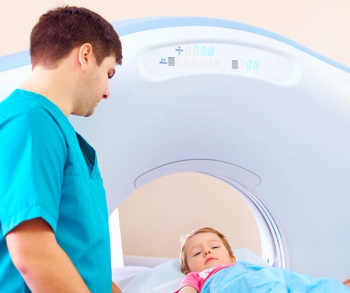
Revising a March 2022 recommendation, the Food and Drug Administration (FDA) said thyroid monitoring for young children three years of age and under receiving iodinated contrast media (ICM) in relation to contrast-enhanced computed tomography (CECT) can now be reserved for those with risk factors including prematurity, low birth weight or conditions affecting thyroid function.
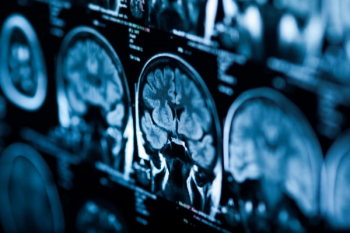
The artificial intelligence (AI)-powered Neuro Suite reportedly enables radiologists to access leading neurological AI algorithm solutions in the field, including the brain magnetic resonance imaging (MRI) segmentation capabilities of the Combinostics’ algorithm that can help differentiate degenerative pathologies such as Alzheimer’s disease and dementia.
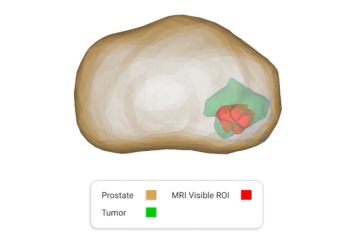
The FDA granted 510(k) clearance to Unfold AI, which was formerly known as iQuest, in December 2022.